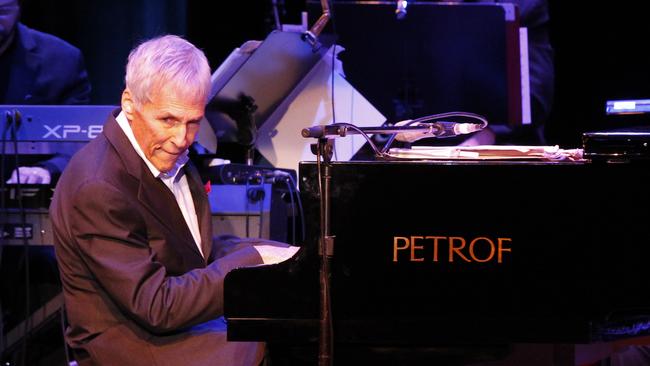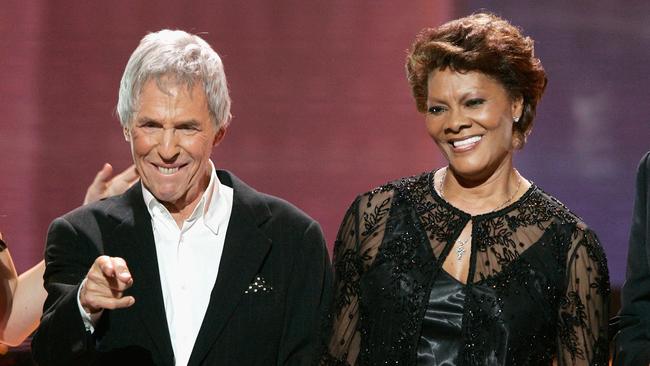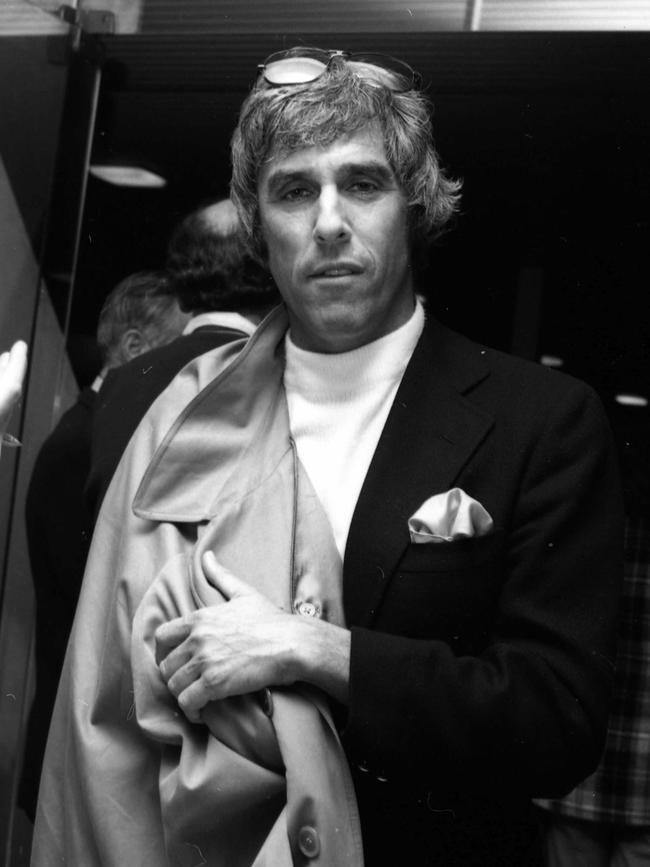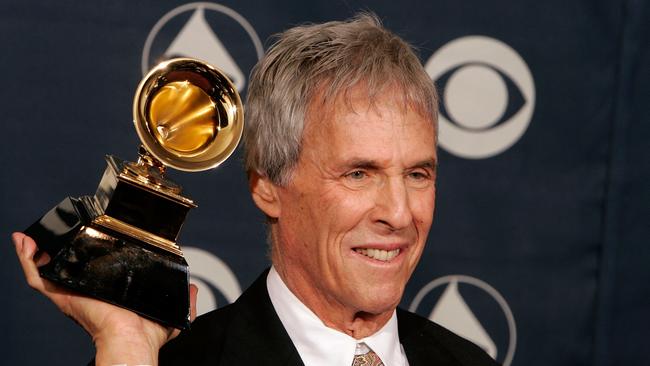Rain drops, and tears, are falling for music icon Burt Bacharach
The legendary American composer, songwriter and pianist, has died at the age of 94 in Los Angeles.

Burt Bacharach always said he was lucky. Lucky to have bumped into singer Vic Damone when both were in the US Army in Germany. Lucky to have worked with the composer Peter Matz who recommended him to Marlene Dietrich. Lucky to have met fellow songwriter Hal David. Both of whom were lucky to chance upon singer Dionne Warwick.
Nobody is that lucky.
Bacharach’s musical brilliance was obvious from the time he left New York’s famous The New School where he came under the influence of eccentric composer Henry Cowell. Until they met, Bacharach thought there were accepted shapes and forms of music into which he tried to fit.
Rule-breaker Cowell had been a musical misfit since childhood. Bacharach learned from him that the uncommon was often just as attractive - and the melodic twists and turns that came naturally to the young composer need not be tamed. His musical adventures needed only to sound good.
By the time he bumped into lyricist David on New York’s pop hit assembly line, The Brill Building, Bacharach had worked as a musical director and pianist for Damone and Dietrich. But he wanted to write songs. He always said you wouldn’t want to hear those first David-Bacharach tunes: the thankfully forgotten Underneath the Overpass (recorded by Jo Stafford) and Peggy’s In The Pantry (Sherry Parsons).

But they came good and came up with a hit song for Marty Robbins, The Story of My Life. It was never meant to be country song, but once hicked up with the Ray Conniff Singers’ unforgettable whistling it was an inevitable hit, crossing over to the pop charts late in 1957.
It was an even bigger hit in the UK for Michael Holliday reaching No.1 before being knocked from top spot by Perry Como’s Magic Moments, another Bacharach-David composition - that Como thought only worthy of the B side - and the first time composers had had successive chart-toppers. (Holliday’s version had been recorded at London’s Abbey Road Studios in December 1957. John Lennon had met Paul McCartney five months before. Recording their songs at that same studios they would become the only songwriting combination to outperform Bacharach and David in the 1960s.)

At Brill, Bacharach and David would suggest hints of songs to each other. It was never a words or music-first formula. They would go home to work them into something more substantial. Just occasionally one would approach the other with a complete idea: David had written odd lyrics for the film soundtrack What’s New Pussycat?. Bacharach told me he had never heard a melody that could contain them. But he bent a few ideas out of shape and came back next day with the music that would deliver Tom Jones another No.1 hit.
Similarly, Bacharach played a curious song-in-the-works to David in 1962. David didn’t know what to make of it and no words came. Soon, on a session for The Drifters, Bacharach heard Dionne Warwick sing for the first time and mentioned to David that they should write her a song. David worked on Bacharach’s overlooked oddity and came up with the line “Lord, we don’t need another mountain”. In the end, Warwick turned down the “preachy” What The World Needs Now, but she would make hits of their other songs Don’t Make Me Over, Anyone Who Had a Heart, Walk on By, I Say a Little Prayer and Promises, Promises.

Many others had hits with the David-Bacharach magic: Cilla Black (Alfie), Dusty Springfield (The Look of Love, I Just Don’t Know What To Do With Myself), Gene Pitney (24 Hours from Tulsa, The Man Who Shot Liberty Valance), Bobby Vinton (Blue on Blue), Sandy Shaw (Always Something There To Remind Me) and The Carpenters (Close to You).
Bacharach won six Grammy Awards and three Academy Awards, the last of them in 1981 for Arthur’s Theme (The Best That You Can Do) co-written by then wife Carole Bayer Sager and Peter Allen.
On his final trip to Australia in 2012, I asked Bacharach which version of one of his songs he thought best. His reply was instant, his last chart hit and final Billboard No.1 - On My Own, sung by Patti LaBelle and the Doobie Brothers’ Michael McDonald.
Burt Freeman Bacharach, musician and songwriter, born Kansas City, May 12, 1928. Died February 8, Los Angeles, aged 94.


To join the conversation, please log in. Don't have an account? Register
Join the conversation, you are commenting as Logout